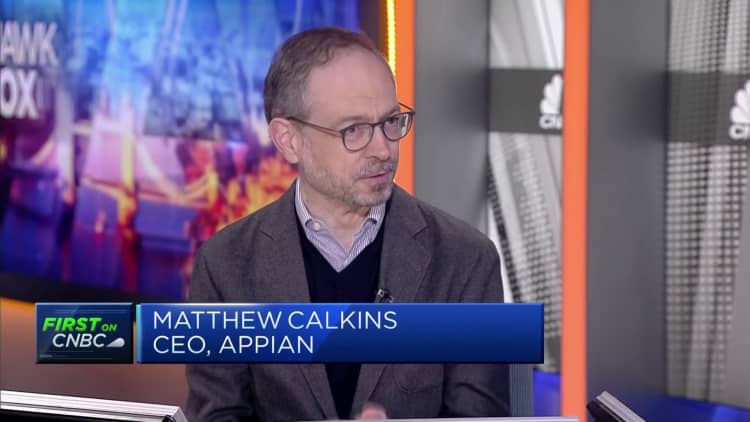
First, Alibaba founder Jack Ma demanded tech workers follow “996”, a schedule of 9:00am to 9:00pm, six days a week. Then Elon Musk asked workers at Twitter—now X—to commit to long working hours at a “high intensity.” And late last year, Tencent CEO Pony Ma complained that his employees were taking it easy on the weekends as the broader company struggled.
Now, another tech founder is chiming in on allegedly lazy workers. Narayana Murthy, founder of IT consultancy Infosys, thinks employees need to work a 70-hour work week—and should do so out of pride for their country.
“Our youngsters must say ‘This is my country, I want to work 70-hours a week’,” Murthy said in an interview with Indian venture capital firm 3one4 Capital, published on Thursday. The tech founder suggested that low productivity was holding India back from its potential, and argued that young Indians should follow the example of Germany and Japan’s postwar rebuilding.
“For the first time India has received certain respect. This is the time for us to consolidate and accelerate the progress and for doing that we need to work very hard,” Murthy said.
Murthy started Infosys with six engineers with $250 in 1981, and took advantage of Western tech companies hoping to outsource IT operations to lower-cost India. He stepped down as the company’s CEO in 2002.
Infosys currently has a market capitalization of about $68 billion. The firm generated around $18 billion in revenue last year, a 14.6% increase from the year before.
Indian workers spend about 43% of their time engaged in “performative work”, the highest among markets surveyed by Slack and research firm Qualtrics. On average, employees globally spend about 32% of their time looking busy rather than working, according to the report.
Murthy’s comments sparked an online debate both among his fellow business leaders and ordinary Indians. Bhavish Aggarwal, founder of Indian ridesharing company Ola, expressed support for a long work week, posting on X that he was “putting in the hours. Not just 70, more like 140.”
Tech founders have long tried to encourage employees to work longer and later, but these arguments are starting to fall flat amid new conversations about work-life balance.
The push for “996,” which equals a 72-hour work week, helped spark the Chinese idea of “lying flat,” or rejecting a culture of long working hours by doing the bare minimum to get by. It’s part of a larger trend of younger workers in China pushing back against the idea that hard work will lead to personal and professional success.
Younger workers in the U.S and Europe are also rejecting the idea of “hustle culture,” leading to new trending social media terms like “quiet quitting” and “bare minimum Mondays.“
Credit: Source link















